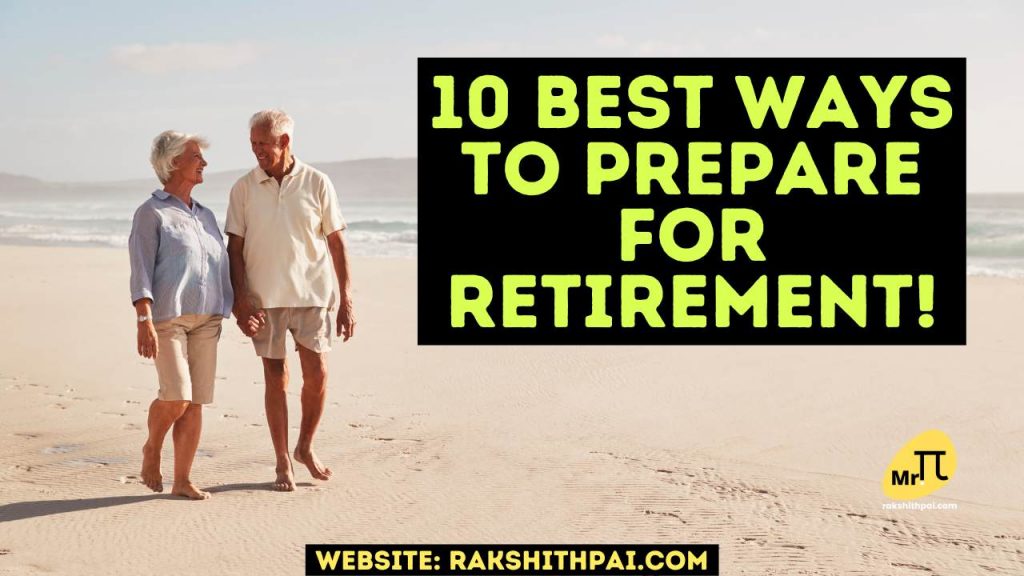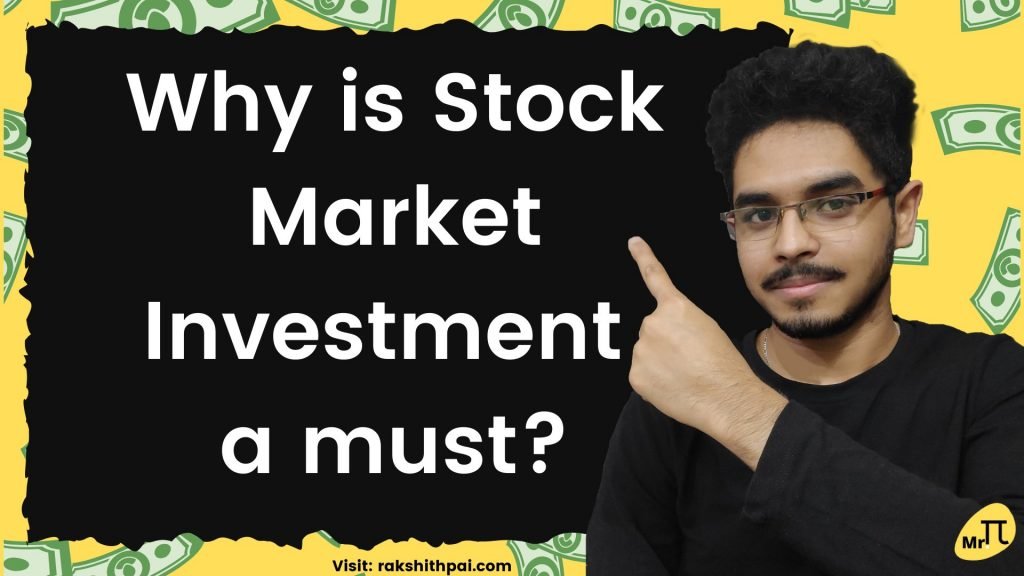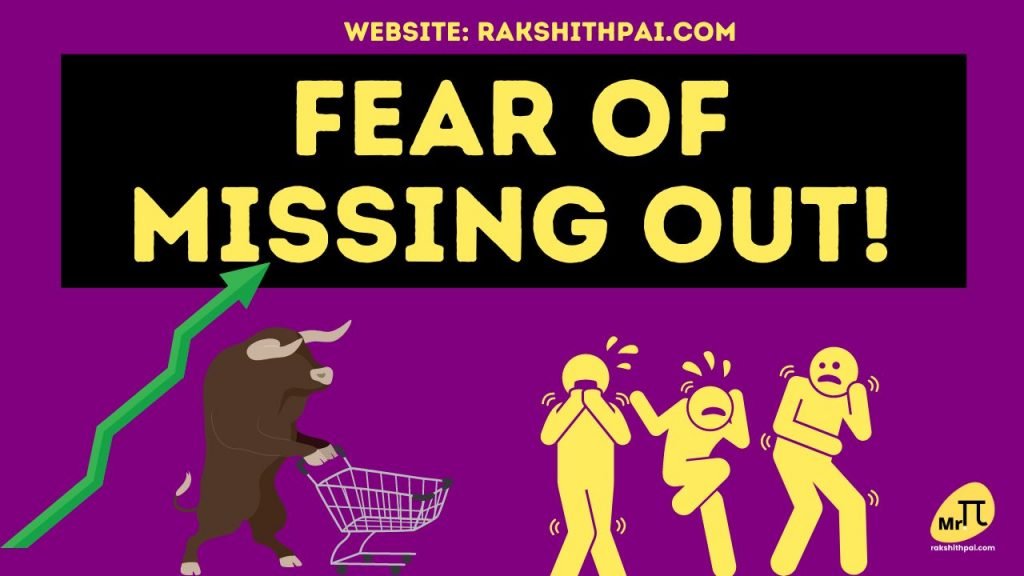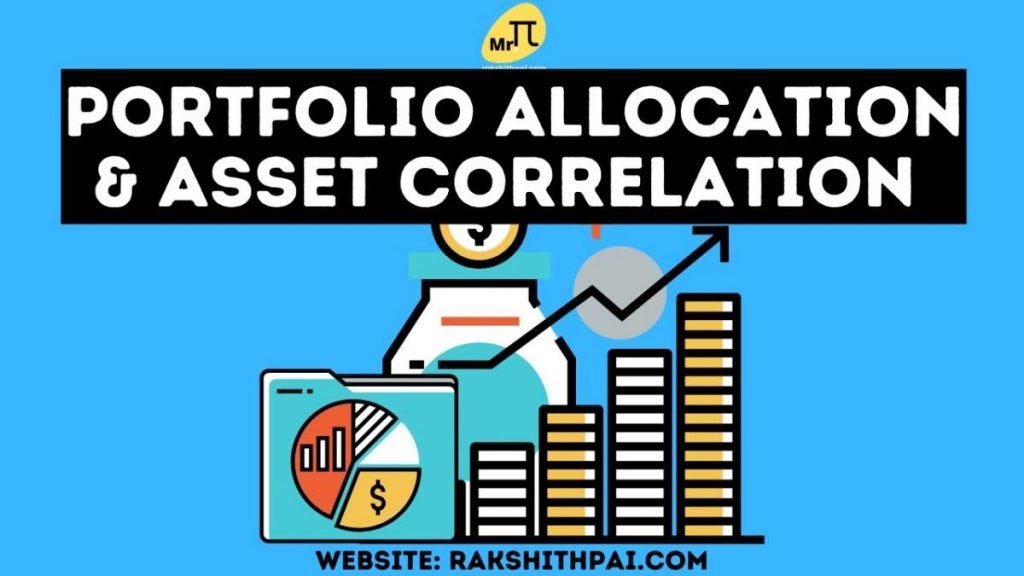Table of Contents
Introduction:
Everyone aspires to early retirement and living comfortably on a large sum of money for the rest of their lives. Individuals must first choose their desired retirement age.
The best moment to start investing, the amount to invest, the rate of return, and finally, the asset class to choose are all determined through back calculations. Early retirement, however, comes with a unique catch: there is less time to earn riches and more time to enjoy them.
You should consider starting early if you want to retire early. For the vast majority of famously successful investors, getting started early has always been advantageous. When he was eleven, Mr. Buffet made his first investment. But not everyone is as wise, talented, or knowledgeable as they were at such a young age.
The typical age to begin investing could be as soon as one graduate from college or in their early 20s. Even now, whatever your age is, think long-term and invest wisely. It’s still not late for you and your loved ones. Follow the below-mentioned 10 tips in order to get yourself on track:
Top 10 Ways to Prepare for Retirement:
Save Money
Save as Much as Possible. Early retirement comes at a sacrifice. Live frugally!
Keep up your savings efforts, whether they are for retirement or any other objective. You are aware that budgeting is a profitable habit. It’s time to start saving if you haven’t already. If necessary, begin modestly and work to raise the amount you set aside each month.
Your money will have more time to grow the earlier you begin saving. Make retirement planning a top priority. Make a plan, follow it, and establish goals. Never forget that starting to save is never too early or too late.
Know Your Needs
It’s expensive to retire early. So, your retirement planning must be such that when you stop working, you shouldn’t feel the heat. Experts predict that you’ll need between 70 and 90 percent of your preretirement income to maintain your quality of life. Manage your financial future by taking action. Plan ahead if you want a secure retirement.
It is known that many people miscalculate their retirement needs. Many undermine the expenses they could come up with in the future. Thus, we have noted that people often had to come out of their retirement and work for a living in their old age to meet ends.
Now, that is the worst situation to be in!
Contribute to Retirement Savings
Sign up for any retirement savings program, such as a Public Provident Fund (PPF) or National Pension Scheme (NPS), offered by your company, and make your maximum contribution. Your retirement fund must have an automatic contribution set up and your employer might contribute more, such that your tax liability is minimized.
Compound interest and tax deferrals have a significant impact on how much money you will end up with over time. Learn more about your strategy.
For instance, how much would you have to put in and how long would you have to participate in the plan to receive the entire employer contribution? What must your total contribution be in order to earn X amount as passive income after retirement, and so on?
Know Before You Own!
Check to determine if you are protected by the standard pension plan offered by your company, and learn how it operates. To find out how much your benefit is worth, request an individual benefit statement. Retirement planning must be considered seriously and well thought into it.
Find out what might happen to your pension benefit before you change jobs. Find out if you have any benefits from a former workplace. Identify your eligibility for benefits under your spouse’s plan. Request information to learn more.
What You Need to Understand Regarding Your Retirement Plan is that you need to know everything!
Salaried individuals must concentrate on tax-saving investment plans. Know about the Top 10 Investments to Earn Monthly Income, “CLICK HERE!”
Top 10 Investments to Earn Monthly Income:
Invest Early!
Efficient saving is just the first step in your journey to attain financial freedom. The amount of savings you’ll have in retirement depends on a variety of factors, including inflation and the types of investments you make. There are many ways to plan your retirement, But, none should include you considering your Savings as your retirement tool.
You should know how your retirement or savings account is invested. Ask questions and become knowledgeable about your plans and investment possibilities. Put a variety of investments into the picture by diversifying into various asset classes.
This method of diversification increases your chances of lowering risk and increasing returns. Depending on a variety of variables, including your age, ambitions, and financial situation, your investing mix may alter over time.
Remember, Knowledge and financial stability go hand in hand. So, Invest in those assets that you really understand.
Diversify
Because not all assets carry the same level of risk, diversifying your investments is crucial. Different investments may respond differently as market volatility rises or falls or as the economy transitions through different phases. Depending on the types of investments you possess, that might mean gains or losses for investors.
The golden rule of investing is diversification, and it becomes even more important after retirement. To ensure that you have a reliable retirement income simply means avoiding placing all of your eggs in one basket. You pick investments that won’t change value simultaneously up and down. So, your retirement planning must also consider investing in assets that may not give better returns when compared, but most probably saves your investments at times when the economy is in a downturn. Assets such as Gold, Silver & Treasury Bonds are some examples.
Always have plan B & C if your investment doesn’t work out as expected. The best thing to do is to Diversify!
To know more about “How to Diversify your Stock Portfolio, “CLICK HERE!”
How to Diversify Your Stock Portfolio
Patience
Patience is highly underrated and the most difficult to practice. It’s easy to invest in any asset we wish to, but in order to make money, one must hold the invested asset for a longer period of time. It’s easier said than done. Because, throughout the period of holding, the asset could lose over 50% of its value, maybe more!
Its patience and conviction to hold is what makes one a better investor and ultimately helps him/her reach retirement goals. Give your Investments some time to mature.
Patience must be well thought after aspect when planning for retirement. Know this, Every 7 odd years we will have an economic downturn and the Stock Market will be ruled by the bears. And, every 2 years once, we’ll have a correction and a small jerk in the economic activity. So, plan your investments accordingly and be ready for volatile ups and downs in your income and investments.
Savings not for Consumption
Although retirement plans are intended for long-term objectives, it is still quite simple to access your money from the Provident Fund through loans and such due to hardship withdrawals.
You shouldn’t take advantage of the fact that you can access your retirement account funds just because you can. Take into account the three dangers of using your retirement account as a savings account.
- Penalty for Early Withdrawal.
- Early Withdrawal Tax Disadvantage.
- Loss of future growth opportunities.
Remember, Emergency savings & Investment are not one and the same. Your investments are not to be touched unless absolutely necessary!
Save on Tax
Paying tax is your responsibility as an Indian. But, keeping your tax liability to the minimum is your bigger responsibility. You owe it to yourself!
Remember, when you pay Income tax and Consumption Tax (GST), in one way, you are paying double tax. How? Well, you earn your living by sheer hard work, pay tax and take home your net earnings, and then, as and when you consume goods & services, you are paying tax on each of your consumptions.
So, it’s your sole responsibility to pay as minimum tax as legally allowed. Listen the same from Mr.Kerry Packer, one of the richest and wisest billionaires from Australia – “CLICK HERE!”
Health is Wealth
A well-known proverb that highlights the value of health to us and the fact that “Health is Wealth”. We are worthless to wealth if we are not well (feeling in a condition of physical, mental, and social well-being). We should always strive to maintain good health because it is a true asset.
God gave us the gift of health. A person’s physical and mental state is referred to as their “state of health.” Maintaining good health is essential to leading a happy life and is not a choice.
The fundamental rules of good health have to do with what we eat, how much exercise we do, how clean we keep ourselves, and how much rest and relaxation we get. A healthy person typically exhibits higher levels of self-assurance, sociability, and energy. A healthy individual has a neutral, tranquil perspective on everything.
Investment in Physical & Mental health & well-being must be your priority at any & all ages.
Conclusion:
Generally speaking, Career-wise, you start earning slowly in your 20s, by the time you are in your mid-30s up until the mid-40s is when you earn the most. It is wise to habituate yourself as soon as you get your first pay cheque.
So, start investing in your early 20s as much as possible in a disciplined manner. Carry on the same attitude until 40-45 years of age and you are set for life!
Remember, it only takes 1.5 to 2 decades of disciplined investing to prepare a retirement corpus that’s large enough to feed your retirement needs for life. That’s it for now. If you like our content, like & subscribe. and thank you for watching.
FAQs:
Watch YouTube video for more information:
Disclaimer: All the information on this website is published in good faith and for general information purposes only.









